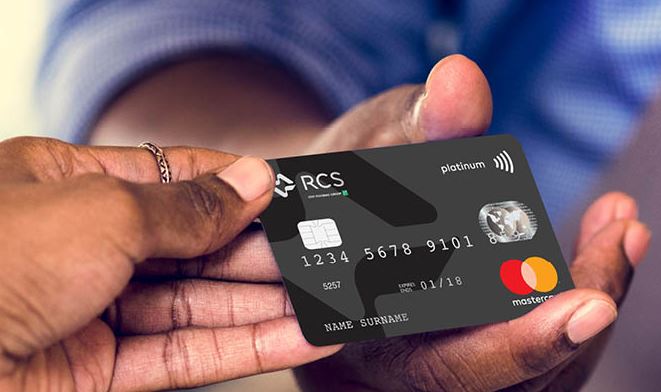Teaching kids about money from a young age is one of the most valuable gifts parents and educators can offer. Financial education is not just about saving or spending — it’s about building a foundation of responsibility, independence, and smart decision-making. In a world where financial challenges are becoming increasingly complex, preparing kids early gives them a tremendous advantage. Let’s explore five powerful benefits of financial education for children and why it matters for their future.
1. Building Strong Money Habits Early
Children learn habits and behaviors at an early age, and financial habits are no exception. When kids are taught how to manage money — whether through saving allowances, understanding the value of a dollar, or setting small goals — they begin to develop responsible attitudes toward spending and saving. These early lessons often stick with them into adulthood, helping them avoid debt, budget effectively, and prioritize long-term financial well-being.
2. Encouraging Responsibility and Independence
Financial education empowers children to make decisions and take ownership of their choices. When kids are given control over small amounts of money, such as managing their allowance or saving for a toy, they learn to weigh their options and face the consequences of their decisions. This promotes a sense of responsibility and independence that will serve them not only financially, but also in other areas of life, like academics, career choices, and personal relationships.
3. Reducing the Risk of Future Debt
Understanding the concepts of saving, budgeting, and interest from a young age helps children avoid financial pitfalls later on. Without proper knowledge, many young adults fall into credit card debt, student loan crises, and poor financial management. By teaching kids the realities of loans, credit, and the importance of living within their means, we equip them with the tools to make smarter choices and avoid common financial traps as they grow older.
4. Promoting Critical Thinking and Goal Setting
Financial education naturally teaches children how to plan, prioritize, and think critically. When they set goals — like saving for a bicycle or planning a birthday gift budget — they practice setting objectives, creating action plans, and exercising patience. These skills translate to broader life skills such as strategic thinking, perseverance, and delayed gratification, all of which are crucial for personal and professional success later in life.
5. Preparing Children for Real-World Challenges
The financial world can be complicated and overwhelming, even for adults. Teaching children about taxes, banking, investing, and economic basics from an early age demystifies these topics. As a result, they approach real-world financial situations — like opening a bank account, paying bills, or making investment decisions — with confidence rather than fear. Early education also fosters a mindset of continuous learning, making kids more likely to seek financial advice and stay informed throughout their lives.
Final Thoughts
Financial education is not just about creating wealthy individuals — it’s about empowering children with the knowledge and mindset to live balanced, secure, and fulfilling lives. By instilling financial wisdom early, we can help the next generation become thoughtful, responsible, and confident adults who can navigate the complex economic landscape with ease. Teaching kids about money today is an investment in a brighter, more resilient tomorrow.






